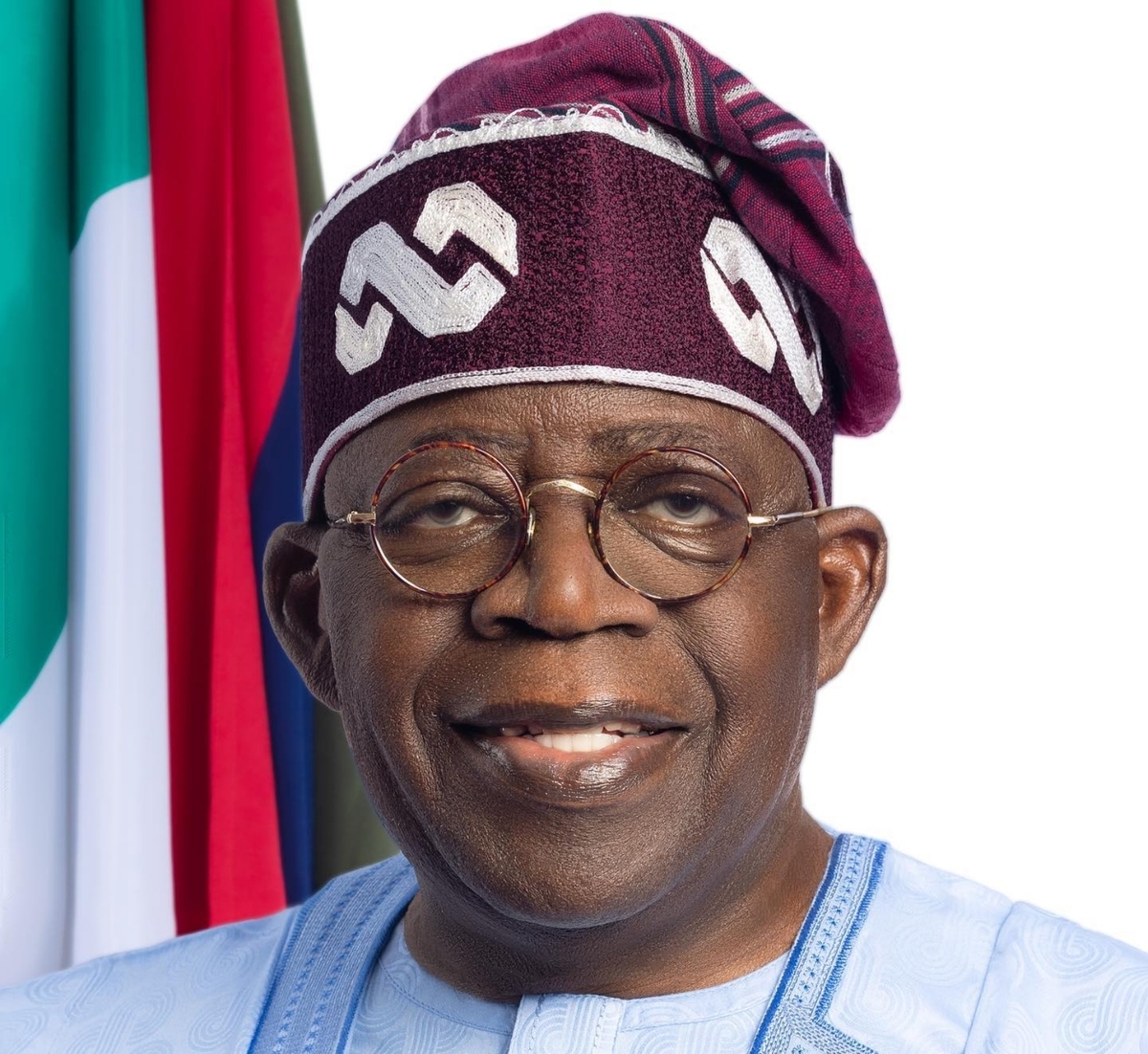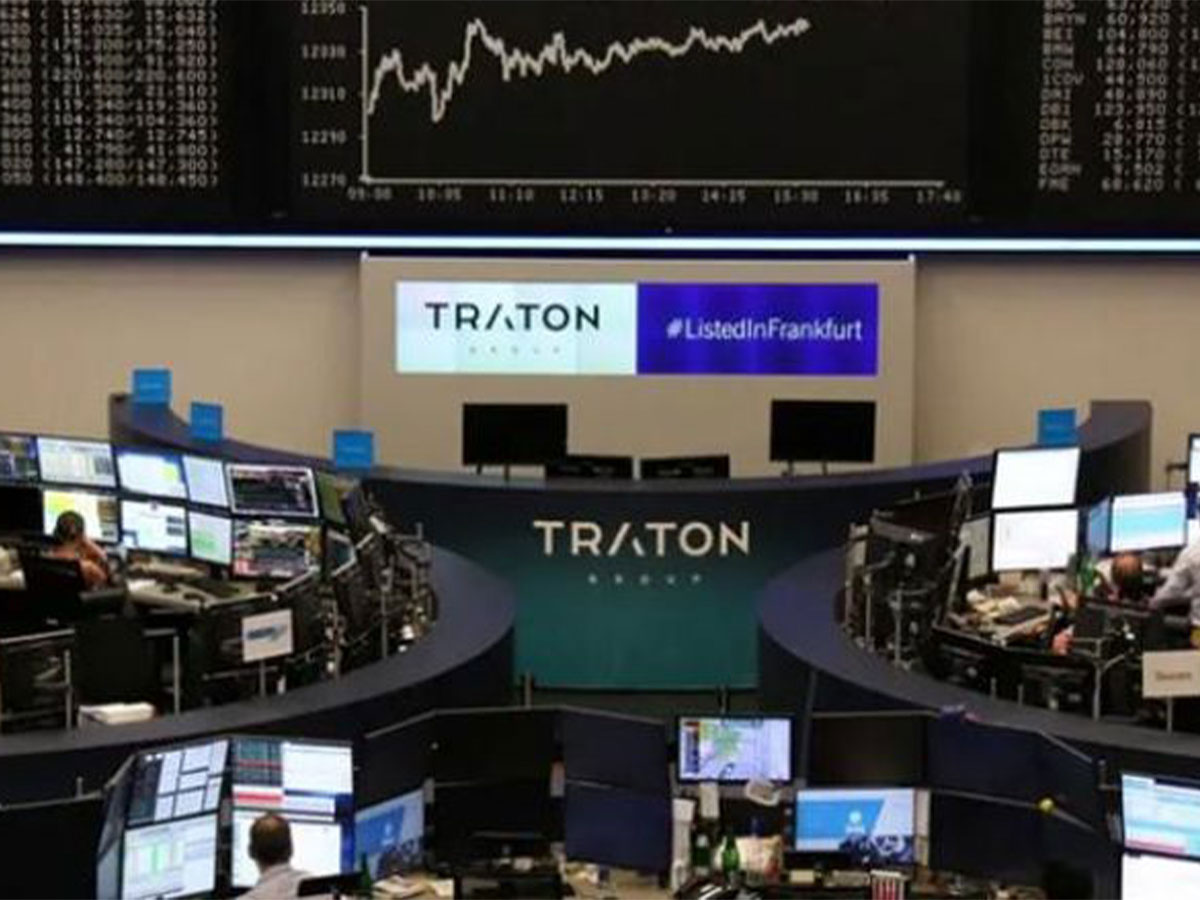By John Ameh
Copyright tribuneonlineng

Challenges naysayers to review, compare Nigeria’s journey since 1960
President Bola Tinubu says he is relieved, urging Nigerians to be understanding amid the difficult times as the nation marks its 65th independence anniversary.
He says the joy stems from the conviction that the country had seen its worst times and it’s now on the path of recovery, achieving milestones, especially in the last two years.
Tinubu did the assessment in an Independence Day speech he delivered on October 1, noting specifically that henceforth, Nigerians should celebrate and savour the better times, a marked departure from when in 2023, he inherited a “near-collapsed economy caused by decades of fiscal policy distortions and misalignment that had impaired real growth.”
A substantial portion of his 10-page independence address was devoted to the milestones his administration recorded and why the people must not lose hope now that the good days are returning.
Sounding elated, Tinubu noted, “I am pleased to report that we have finally turned the corner. The worst is over, I say. Yesterday’s pains are giving way to relief. I salute your endurance, support, and understanding. I will continue to work for you and justify the confidence you reposed in me to steer the ship of our nation to a safe harbour.”
Talking about the economy, where he said much of the turnaround was achieved, the president reported, “Under our leadership, our economy is recovering fast, and the reforms we started over two years ago are delivering tangible results.
“The second quarter 2025 Gross Domestic Product grew by 4.23%—Nigeria’s fastest pace in four years—and outpaced the 3.4 percent projected by the International Monetary Fund. Inflation declined to 20.12% in August 2025, the lowest level in three years. The administration is working diligently to boost agricultural production and ensure food security, reducing food costs.
“In the last two years of our administration, we have achieved 12 remarkable economic milestones as a result of the implementation of our sound fiscal and monetary policies:
“We have attained a record-breaking increase in non-oil revenue, achieving the 2025 target by August with over N20 trillion. In September 2025 alone, we raised N3.65 trillion, 411% higher than the amount raised in May 2023.”
He spoke of the scores recorded in debt-to-revenue performance and the foreign reserves standing.
Tinubu explained, “We have restored Fiscal Health: Our debt service-to-revenue ratio has been significantly reduced from 97% to below 50%. We have paid down the infamous ‘Ways and Means’ advances that threatened our economic stability and triggered inflation. Following the removal of the corrupt petroleum subsidy, we have freed up trillions of Naira for targeted investment in the real economy and social programmes for the most vulnerable, as well as all tiers of government.
“We have a stronger foreign Reserve position than three years ago. Our external reserves increased to $42.03 billion this September—the highest since 2019.”
On the tax-to-GDP performance, and exports, the President also said his administration deserved a pat on the back.
According to him, “Our tax-to-GDP ratio has risen to 13.5 per cent from less than 10 per cent. The ratio is expected to increase further when the new tax law takes effect in January. The tax law is not about increasing the burden on existing taxpayers but about expanding the base to build the Nigeria we deserve and providing tax relief to low-income earners.
“We are now a Net Exporter: Nigeria has recorded a trade surplus for five consecutive quarters. We are now selling more to the world than we are buying, a fundamental shift that strengthens our currency and creates jobs at home.
“Nigeria’s trade surplus increased by 44.3% in Q2 2025 to N7.46 trillion ($4.74 billion), the largest in about three years. Goods manufactured in Nigeria and exported jumped by 173%. Non-oil exports, as a component of our export trade, now represent 48 per cent, compared to oil exports, which account for 52 per cent. This signals that we are diversifying our economy and foreign exchange sources outside oil and gas.”
On crude oil production, he gave the update thus, “Oil production rebounded to 1.68 million barrels per day from barely one million in May 2023. The increase occurred due to improved security, new investments, and better stakeholder management in the Niger Delta. Furthermore, the country has made notable advancements by refining PMS domestically for the first time in four decades. It has also established itself as the continent’s leading exporter of aviation fuel.”
Other areas worthy of celebrating, according to Tinubu, are the state of the Naira, the success of the Social Investment Programme and the expansion of infrastructure, including roads and rail lines.
He went on, “The Naira has stabilised from the turbulence and volatility witnessed in 2023 and 2024. The gap between the official rate and the unofficial market has reduced substantially, following FX reforms and fresh capital and remittance inflows. The multiple exchange rates, which fostered corruption and arbitrage, are now part of history. Additionally, our currency rate against the dollar is no longer determined by fluctuations in crude oil prices.
“Under the social investment programme to support poor households and vulnerable Nigerians, N330 billion has been disbursed to eight million households, many of whom have received either one or two out of the three tranches of the N25,000 each.
“Coal mining recovered dramatically from a 22% decline in Q1 to 57.5% growth in Q2, becoming one of Nigeria’s fastest-growing sectors. The solid mineral sector is now pivotal in our economy, encouraging value-added production of minerals extracted from our soil.
“The administration is expanding transport infrastructure across the country, covering rail, roads, airports, and seaports. Rail and water transport grew by over 40% and 27%, respectively. The 284-kilometre Kano-Kastina-Maradi Standard Gauge rail project and the Kaduna-Kano rail line are nearing completion.
“Work is progressing well on the legacy Lagos-Calabar Coastal Highway and Sokoto-Badagry Highway. The Federal Executive Council recently approved $3 billion to complete the Eastern Rail Project.
“The world is taking notice of our efforts. Sovereign credit rating agencies have upgraded their outlook for Nigeria, recognising our improved economic fundamentals. Our stock market is experiencing an unprecedented boom, rising from an all-share index of 55,000 points in May 2003 to 142,000 points as of September 26, 2025. At its last MPC meeting, the Central Bank slashed interest rates for the first time in five years, expressing confidence in our country’s macroeconomic stability.”
Tinubu didn’t forget to touch on insecurity, a major concern of the country in recent decades, with some analysts insisting that the situation has continued to worsen.
But Tinubu, disagreeing with the position, argued that security agencies had taken the fight to the doorsteps of insurgents, kidnappers, and bandits under his watch.
“We are working diligently to enhance national security, ensuring our economy experiences improved growth and performance. The officers and men of our armed forces and other security agencies are working tirelessly and making significant sacrifices to keep us safe. They are winning the war against terrorism, banditry and other violent crimes. We see their victories in their blood and sweat to stamp out Boko Haram Terror in North-East, IPOB/ESN terror in South East and banditry and kidnapping. We must continue to celebrate their gallantry and salute their courage on behalf of a grateful nation.
“Peace has returned to hundreds of our liberated communities in North-West and North-East, and thousands of our people have returned safely to their homes,” he concluded.
Through the instrumentality of Nigerian Education Loan Fund (NELFUND), Tinubu said the country’s youth could now hope to get the education they would need without financial uncertainty.
“You are the future and the greatest assets of this blessed country. You must continue to dream big, innovate, and conquer more territories in your various fields of science, technology, sports, and the art and creative sector. Our administration, through policies and funding, will continue to give you wings to fly sky-high. We created NELFUND to support students with loans for their educational pursuits.
“Approximately 510,000 students across 36 states and the FCT have benefited from this initiative, covering 228 higher institutions. As of September 10, the total loan disbursed was N99.5 billion, while the upkeep allowance stood at N44.7 billion,” he disclosed.
Other initiatives the president said had yielded fruits included Credicorp, which granted 153,000 Nigerians N30 billion affordable loans for vehicles, solar energy, home upgrades and digital devices; and YouthCred, a consumer credit for resettlement, accessible to NYSC members.
Tinubu, while admitting that some of the reforms he introduced, especially the removal of fuel subsidies, must have come at huge pains to Nigerians, said the alternative would have been to allow the country to rot to a point it could no longer be salvaged.
To many, who hold the view that Nigeria at 65 remains a sleeping giant with little to celebrate, Tinubu advised them to embark on a journey back in time and do the comparison.
He observed, “Although, it is much easier for those whose vocation is to focus solely on what ought to be, we must recognise and celebrate our significant progress. Nigerians today have access to better education and healthcare than in 1960. At Independence, Nigeria had 120 secondary schools with a student population of about 130,000.
ALSO READ: REVEALED: PENGASSAN strike: Motorists groan as fuel queues resurface in Abuja
“Available data indicate that, as of 2024, there were more than 23,000 secondary schools in our country. At Independence, we had only the University of Ibadan and Yaba College of Technology as the two tertiary institutions in Nigeria. By the end of last year, there were 274 universities, 183 Polytechnics, and 236 Colleges of Education in Nigeria, comprising Federal, State, and private institutions.
“We have experienced a significant surge in growth across every sector of our national life since Independence—in healthcare, infrastructure, financial services, manufacturing, telecommunications, information technology, aviation and defence, among others. Our country has experienced both the good and the bad times in its 65 years of nationhood, as is normal for every nation and its people. We fought a bitter and avoidable civil war, experienced military dictatorships, and lived through major political crises.
“In all these, we weathered every storm and overcame every challenge with courage, grit, and uncommon determination.”



